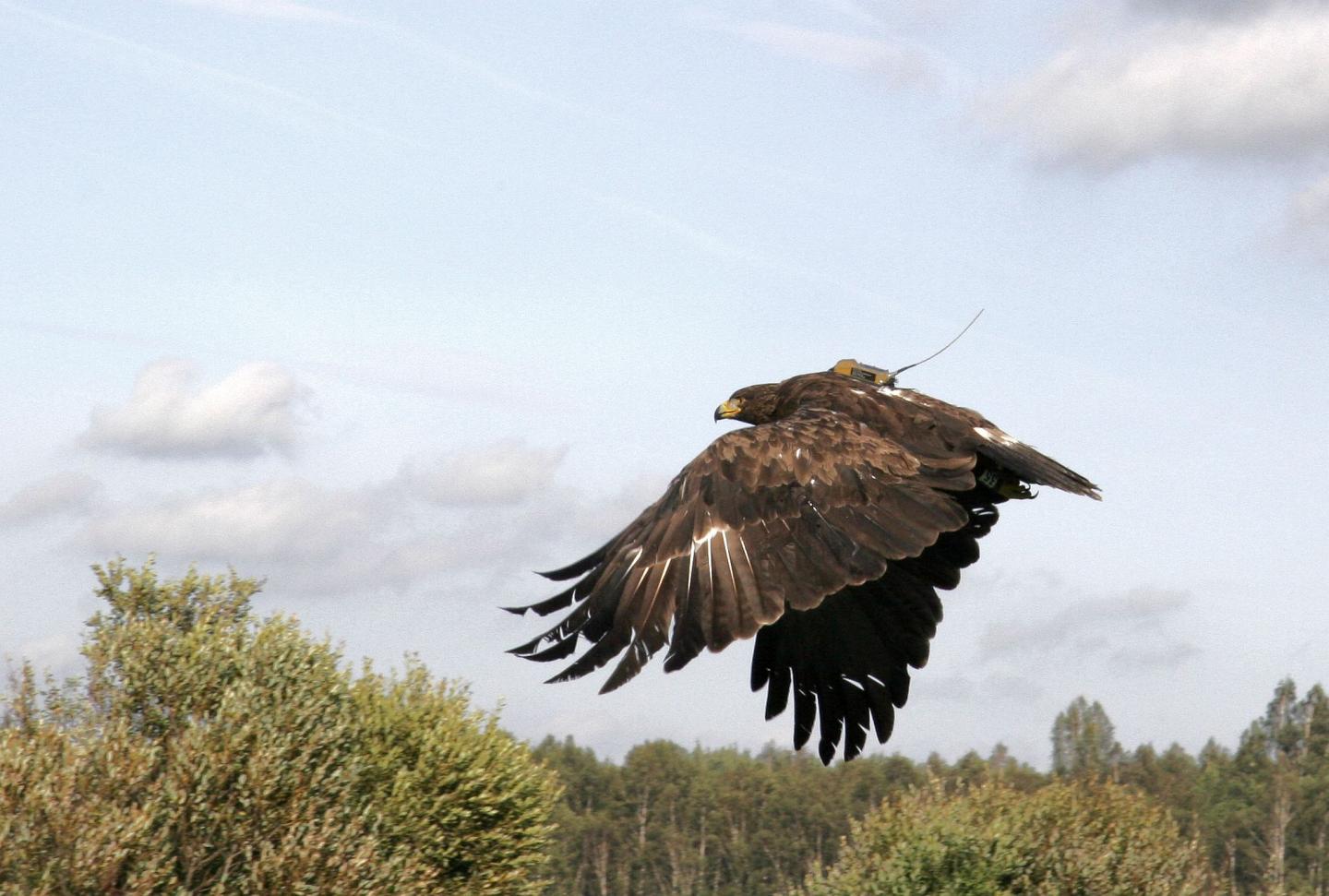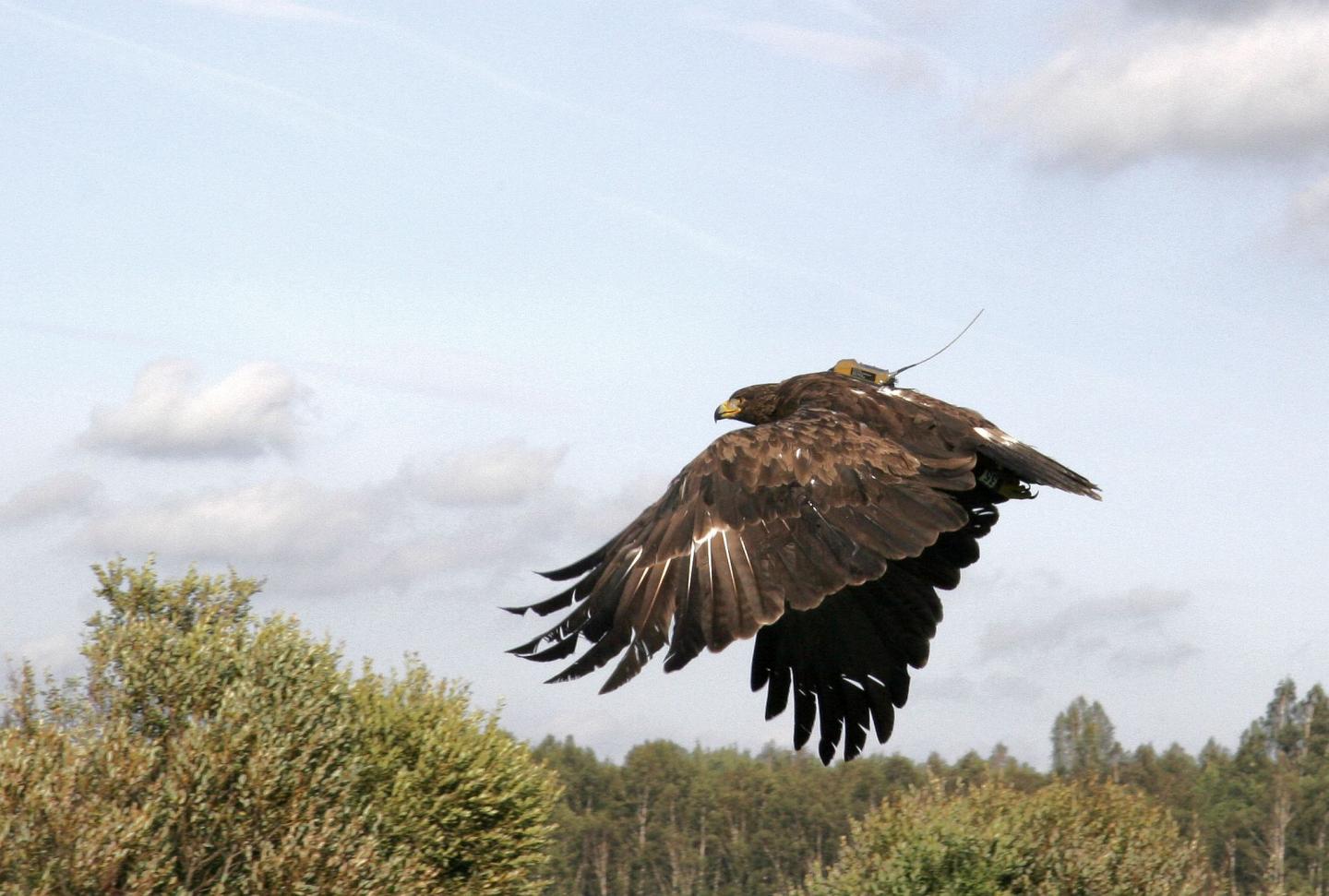
Credit: Urmas Sellis
Hybridization, the inter-breeding of bird species, is a widespread phenomenon, which is best illustrated in Estonia by the lesser spotted eagle and the greater spotted eagle. However, due to the fact that the migration strategies of both bird species are completely different, studying their offspring, or hybrids, helps ornithologists discover a lot about their migration secrets.
The lesser spotted eagle is an early leaving far-traveller, the greater spotted eagle is a late leaving short- and middle-distance traveller, explained Ülo Väli, senior researcher at the chair of biological diversity and nature tourism of Estonian University of Life Sciences. According to Väli, on the one hand, hybridization causes confusion among ornithologists, but on the other hand it is worrying, because the existence of the rare species, the greater spotted eagle, may be in danger. At the same time, studying of hybrids helps find answers to different ecological questions. "With their hybridization, birds offer scientists an excellent inter-breeding experiment from nature, which helps explain factors affecting the migration of birds."
Thus, for instance, it has been believed for a long time that the timing, direction and length of migration of passerines with a shorter life-span is mostly determined by genetic factors and for bigger birds with a longer life-span, it is more important to learn from their parents and others of the same species. It has only been possible so far to conduct experiments mainly with small passerines in order to check these assumptions. The research of migration of big birds with a longer life-span has been hampered by the inadequate technical capacities. In an international study managed by Ülo Väli, senior researcher at Estonian University of Life Sciences, the results of which were recently published in an article in the journal Proceedings of the Royal Society B, the migration pattern of spotted eagle hybrids or bigger birds with a longer life-span was discussed. For following the migration, GPS transmitters tracking the exact location of hybrid specimens were fitted with them in Estonia, Lithuania and Poland. The data has been gathered for more than a decade and to obtain a better overview, researchers compiled a thorough migration database.
It was found out that hybrids most frequently depart as early as lesser spotted eagles; however, they don't fly as far as them, which could have been predicted based on the important role of social factors. Instead, the hybrids rather chose to overwinter at the latitudes more typical of greater spotted eagles.
In addition, the variety of their migration routes and size of winter territories was more characteristic of the greater spotted eagle. These results show that although social and territorial factors can impact the migration strategies of birds with a longer life-span, the role of genetic factors in these species is bigger than presumed.
###
Media Contact
Risto Mets
[email protected]
372-731-3044
Related Journal Article
http://dx.doi.org/10.1098/rspb.2018.0855





